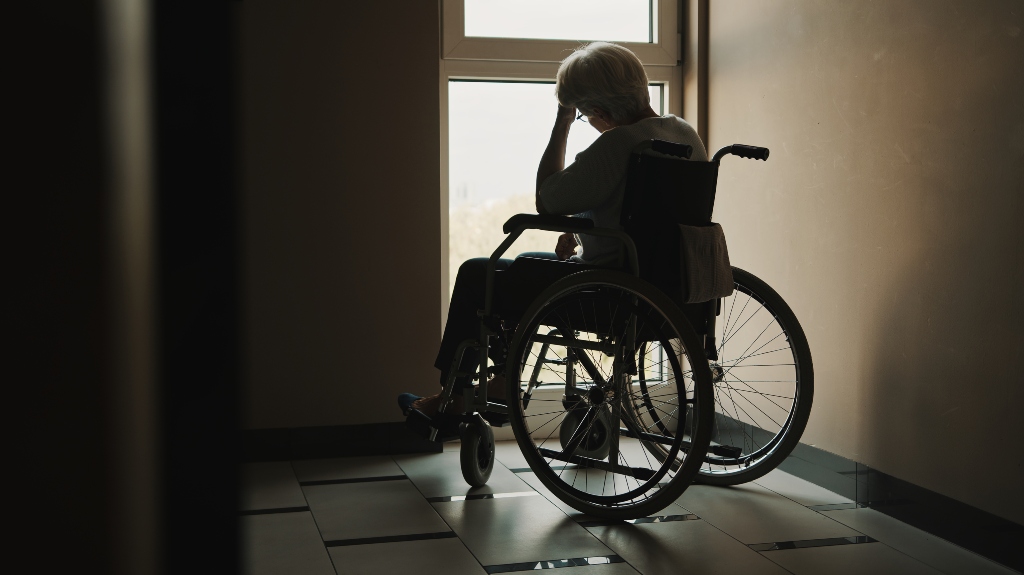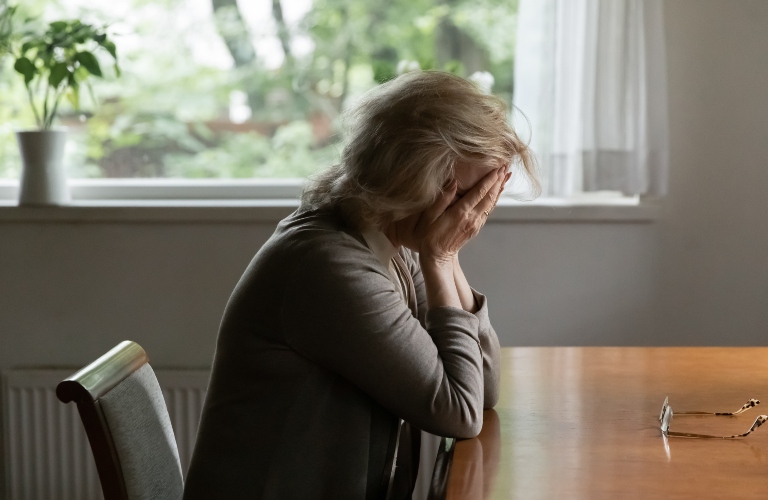
Caring for an aging loved one is never easy, and when families entrust a nursing home or caregiver with that responsibility, they expect compassionate, professional care. Sadly, elder neglect is a growing concern across Virginia, and when that trust is broken, families are often left wondering what legal options they have.
What Is Elder Neglect?
Elder neglect occurs when a caregiver fails to meet the basic needs of an older adult, whether in a nursing home, assisted living facility, or private home. This includes failing to provide adequate food, hydration, hygiene, medical care, or safety.
Neglect can be either intentional or unintentional, but in both cases, it can lead to serious harm or even death. Under Virginia law, elder neglect may be grounds for civil litigation, and in some instances, even criminal charges.
Can Family Members Sue for Elder Neglect in Virginia?
Family members in Virginia have the right to sue for elder neglect. However, this right is contingent on various legal factors, such as their relationship to the victim, the victim’s condition, and the specifics of the neglect case. Here’s when legal action is typically available to family members:
The Elderly Person Is Incapacitated
If the elder is mentally or physically incapacitated and cannot bring a lawsuit themselves, a legal representative—often a family member—can sue on their behalf. Virginia courts allow someone with power of attorney, legal guardianship, or conservatorship to file a civil claim for damages.
The Neglect Resulted in Death
If elder neglect leads to wrongful death, only specific individuals are permitted to file a wrongful death lawsuit under the Virginia Wrongful Death Act. In most cases, this means the lawsuit must be brought by the personal representative of the deceased’s estate. While family members may be eligible to receive damages, they cannot file the lawsuit directly unless appointed to act on behalf of the estate. This law allows survivors to seek compensation for funeral expenses, medical costs, and emotional distress.
Legal Standing as Next of Kin or Personal Representative
Even if the elder is alive, certain relatives may still have standing to sue if they are the court-appointed personal representative or have legal authority through an advanced directive or power of attorney.
Signs of Elder Neglect You Shouldn’t Ignore

Neglect often goes unnoticed until serious harm has occurred. Watch for warning signs such as:
- Sudden weight loss or dehydration
- Bedsores or untreated infections
- Poor hygiene or dirty living conditions
- Emotional withdrawal or fearfulness
- Medication errors
- Unexplained injuries
If you notice any of these signs, acting quickly is essential. You may need to report the issue to Adult Protective Services (APS) and seek medical attention for your loved one. At the same time, think about reaching out to a knowledgeable elder neglect attorney for further investigation.
What Damages Can Be Recovered?
Victims of elder neglect—and their families—may be entitled to compensation for:
- Medical expenses
- Pain and suffering
- Emotional distress
- Loss of companionship
- Funeral and burial costs (in wrongful death cases)
- Punitive damages, in cases of gross negligence or willful misconduct
Virginia courts take elder neglect seriously, particularly when caregivers breach a legal or contractual duty of care.
Do Not Wait—Virginia Has a Statute of Limitations
Virginia law restricts the time frame for filing a lawsuit. Typically, in wrongful death and personal injury cases, the statute of limitations is two years from the date of the incident. Delays can undermine your case or even prevent you from recovering damages entirely.
Contact Hollingsworth PLLC Today
If you believe your loved one is a victim of elder neglect in Virginia, do not suffer in silence. The legal team at Hollingsworth PLLC is here to help you uncover the truth and pursue justice.
We can investigate the facility or caregiver, gather evidence, and fight to hold those responsible accountable. Contact us today for a confidential consultation—and let us help protect the dignity and safety your loved one deserves.

